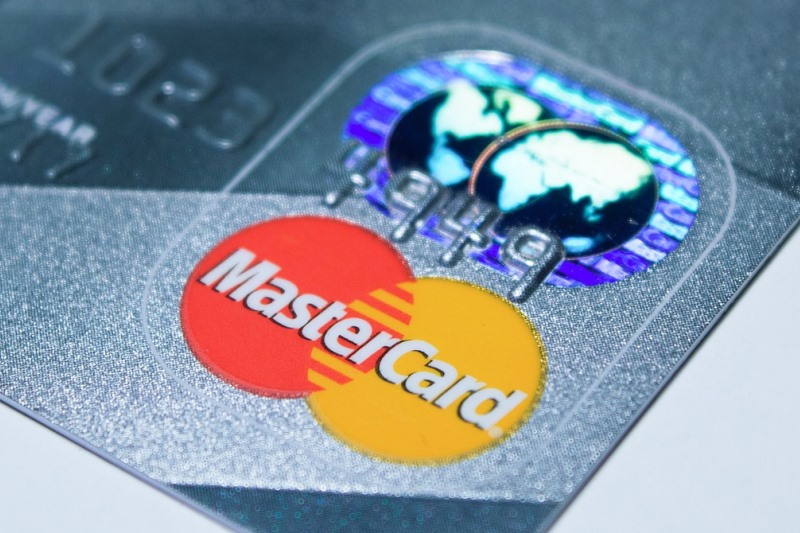
As blockchain makes its way further and further into the mainstream, industry adoption is key to any future success the technology may have. Companies on the leading edge of blockchain technology are exploring a variety of possible use cases; for example, IBM is investigating ways that blockchain can be introduced into supply chain technology. According to a CoinDesk report, electronic payments company MasterCard is exploring the adoption of blockchain into its payments network.
“Capable of Instantaneously Processing Payments”
The application details a blockchain system that would be created for the purpose of reducing the amount of time and energy needed to confirm a transaction made with MasterCard. According to the CoinDesk report, the blockchain would be “capable of instantaneously processing payments,” which would in turn guarantee “that merchants don’t need to wait days before receiving funds for their products.”
The patent application, which was filed on November 9, is actually the second filed by Mastercard; the first was published by the US Patent and Trademark Office in September of this year. According to CoinDesk, MasterCard initially publicly revealed the that it had been doing on blockchain in October of 2016.
On October 20 of this year, MasterCard announced in a press release that it was opening up access to a set of blockchain-based tools for payment that provide a “new way for consumers, businesses, and banks to transact and is key to the company’s strategy to provide payment solutions that meet every need of financial institutions and their end-customers.”
The Benefits of Blockchain
Blockchain-based networks are particularly well-suited as platforms for means-of-payment. In addition to easing the process of transaction confirmation, blockchain-based networks are extremely secure. The nature of a blockchain is that it is immutable and decentralized; ‘immutable’ meaning that any information that is stored on a blockchain cannot be changed or tampered with – this prevents fraudulent and duplicate transactions.
‘Decentralized’ in this case means that the blockchain is stored across a network of computers–as many as hundreds or thousands of computers. In order for a hacking attack to be successful, it would have to successfully compromise more than half of the computers on the network, in what’s called a 51% Attack. So far, no blockchain network has ever experienced a successful 51% Attack; the idea exists only in theory.
The decentralized nature of blockchain also reduces the maintenance costs associated with the upkeep of a central server, and greatly reduces the risk of effects produced by natural factors (fire, water, etc.)
A MasterCard Blockchain Would Have to Address a Specific Set of Concerns
Many questions remain. While it seems more likely that a MasterCard would be permissioned, there is no certainty that this would be the case. What kind of technology would the blockchain use to protect the identity of its users? Who would qualify to be a node (a computer that upholds a blockchain’s network) on the MasterCard network, and how would the nodes be incentivized?
What kind of algorithm would be used to confirm transactions and add them to the blockchain – Proof-of-Work, Proof-of-Stake, or something else? This is an especially important question as it would determine whether or not MasterCard’s network would use mining as a means of transaction confirmation. If the Proof-of-Work (mining) algorithm were to be used, the MasterCard blockchain network could be at risk of becoming centralized, and therefore vulnerable to hacking or manipulation.
In any case, MasterCard is certainly pursuing the integration of blockchain technology more aggressively than really any other electronic payments company. If it can manage to successfully adopt the technology early in the game, it may have much to gain.
(Photo: pixabay)

